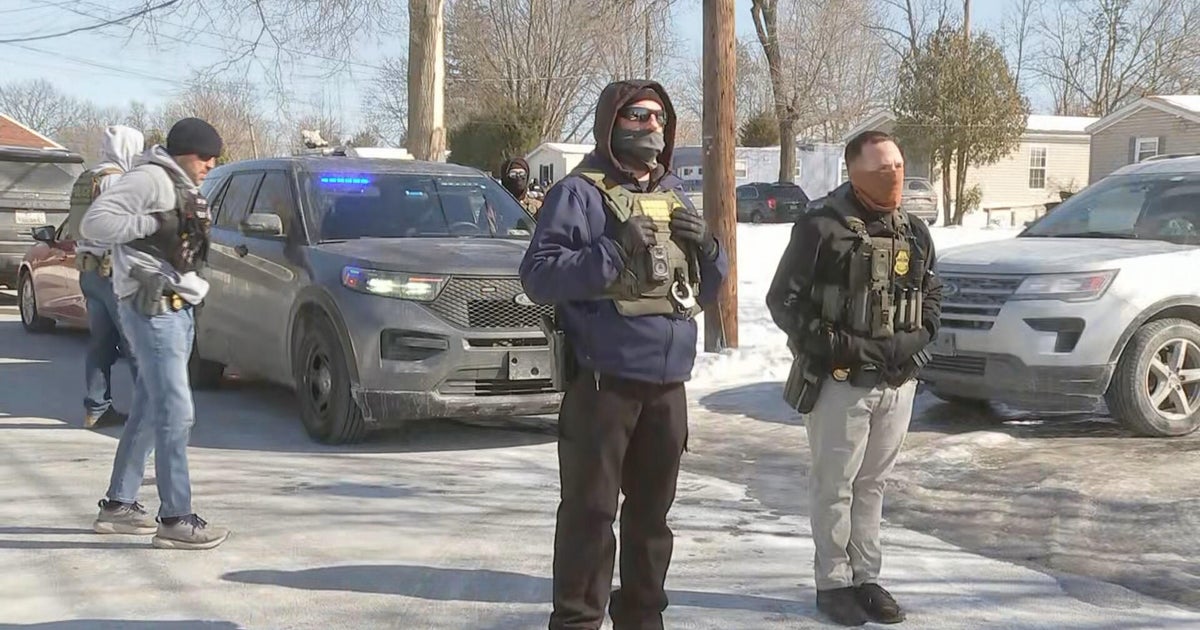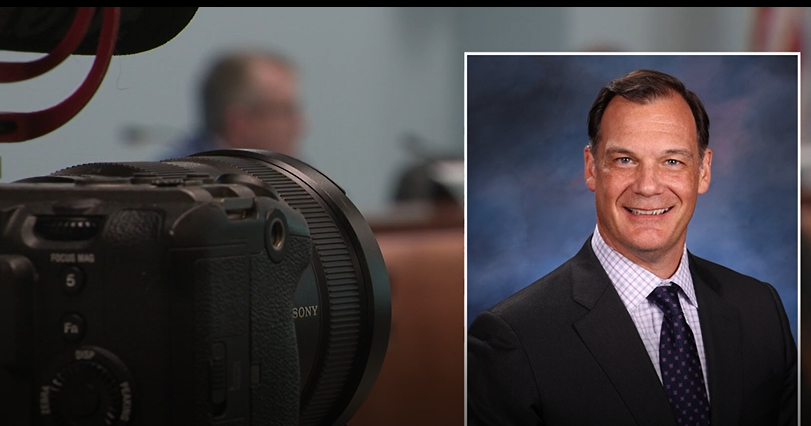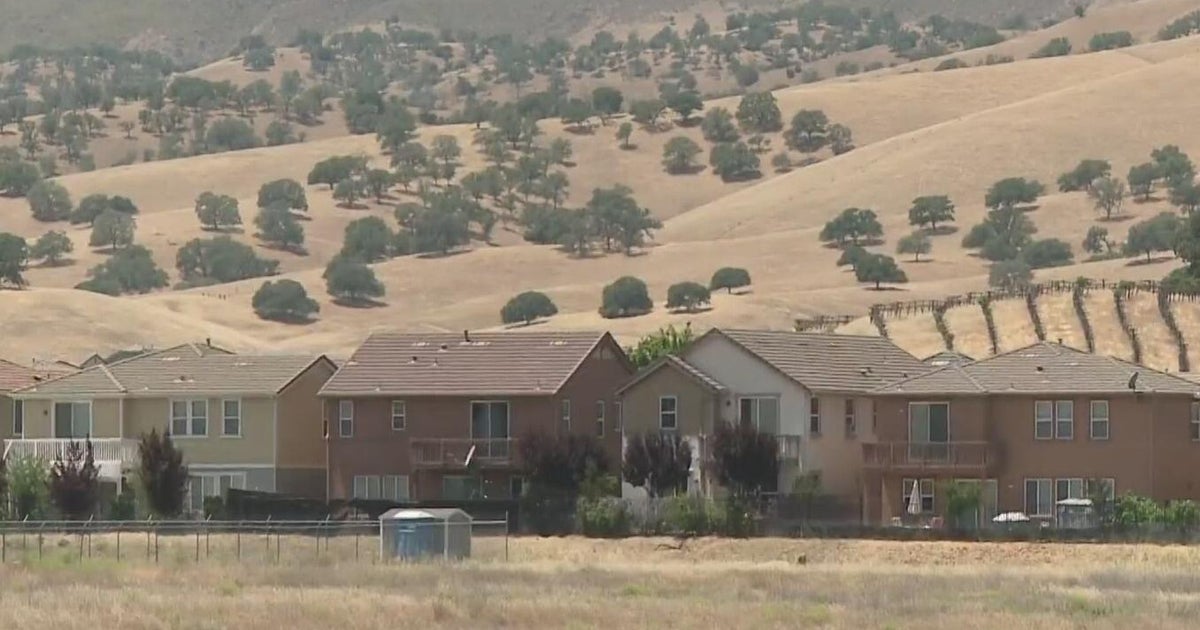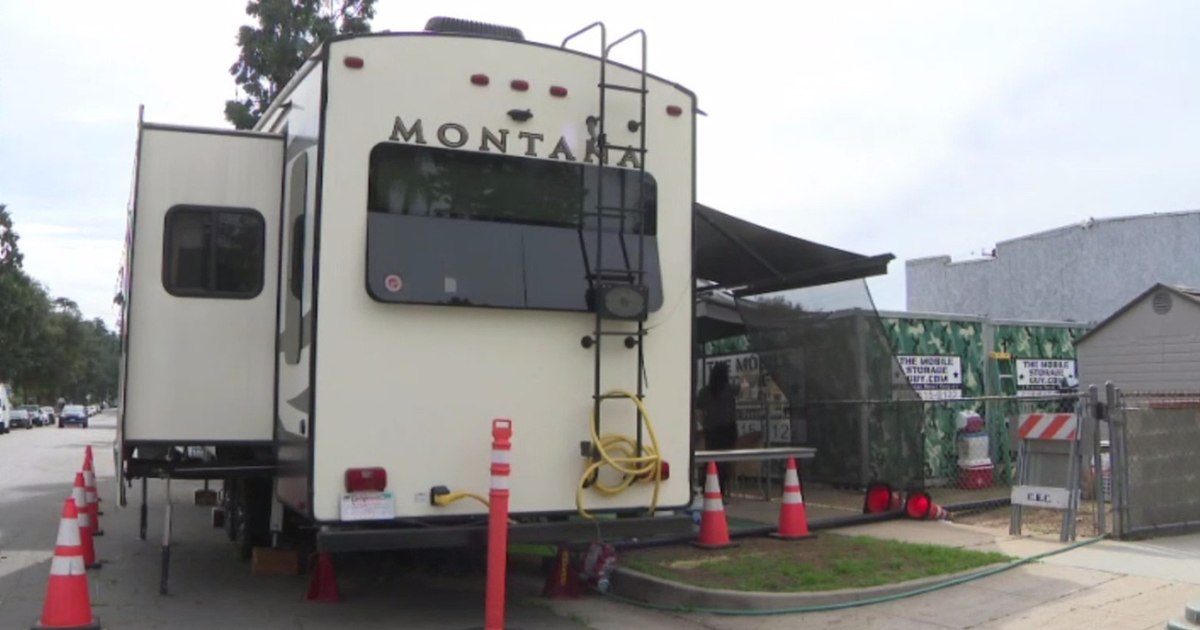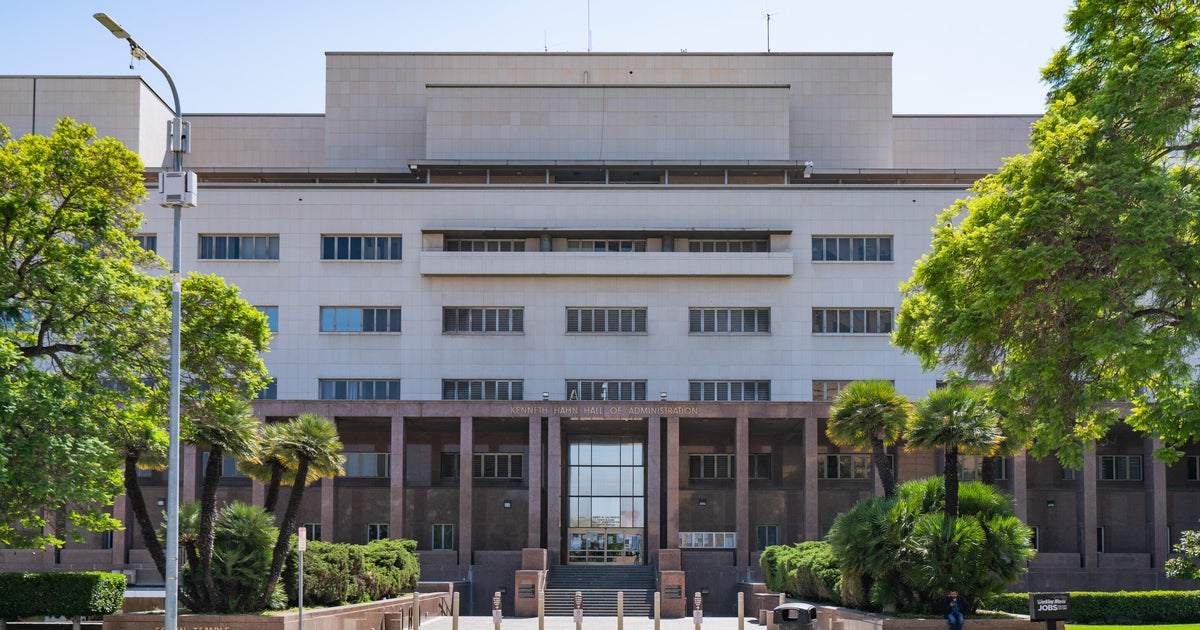More Than 3,700 Mail Ballots Rejected In 4 Largest North Texas Counties During March 1 Primary
NORTH TEXAS (CBSDFW.COM) - Elections records show 3,730 mail ballots were rejected in Dallas, Tarrant, Collin and Denton Counties during the March 1 primary.
That's 11 percent of the 34,057 who voted by mail in the four counties.
Most ballots were tossed because they didn't comply with the new law, SB-1, and didn't have the same voter ID information as when people registered to vote.
The elections records show of the 3,730 mail ballots that weren't accepted, 854 voters in the four counties decided to surrender them and instead vote in person.
The information can be found in the Election Reconciliation forms each county is required by the new state law to report to the Texas Secretary of State.
Here is a more detailed tally from each of the four counties that CBS 11 obtained from the Elections Administrators:
In Dallas County, records show 11,085 residents voted by mail in the March 1 primary.
Of those, 1,057 or 9.5 percent were rejected.
Records show 214 people whose ballots were rejected surrendered them and voted in-person.
A total of 14,544 mail ballots were sent to Dallas County residents and 3,077 were never returned to the county.
Of the 1,390,875 people who are registered to vote in Dallas County, a total of 219,033 people cast their ballots in the primary.
In Tarrant County records show 11,541 people voted by mail.
Of those, 945 or 8.2 percent were not accepted.
Tarrant County says 815 of those rejected ballots were because the voters didn't have the proper ID verification.
In a further break down of the statistics, the county says of the 945 ballots that were declined, 916 were Democrats, while 29 were Republicans.
The records show 117 people chose to surrender the rejected mail ballots and vote in-person.
They include 96 Democrats and 21 Republicans.
The county further says that a total of 590 voters were able to correct their mail ballots, including 287 Democrats and 303 Republicans.
A total of 14,890 mail ballots were sent to Tarrant County residents and 3,349 of them weren't returned to the county.
Of the 1,219,349 people who are registered to vote in Tarrant County, a total of 209,365 people cast their ballots in the primary.
In Collin County, records show 6,028 residents voted by mail.
Of those, 828 or 13.7 percent were rejected.
Records show 294 voters whose mail ballots were rejected decided to surrender them and instead vote in-person.
The county says 147 voters were able to correct their mail ballots.
A total of 7,883 mail ballots were sent and 1,633 of them were not returned to the county.
Of the 668,679 registered voters in Collin County, 119,175 voted in the primary.
In Denton County, records show 5,043 residents voted by mail.
Of those, 900 or 16.7 percent were rejected, including 638 Republicans and 262 Democrats.
The records show 760 of those ballots were declined because they didn't have the proper ID verification.
They include 540 Republicans and 220 Democrats.
Records show 229 voters whose mail ballots were declined surrendered them and voted in-person.
They include 149 Republicans and 80 Democrats.
A total of 6,796 mail ballots were sent, including 4,016 Republicans and 2,780 Democrats.
Of those, a total of 1,218 were not returned to the county, including 716 Republicans and 502 Democrats.
Of the 580,365 registered voters in the county, there were 97,644 people who cast their ballots in the primary.
Earlier this week, the Associated Press reported that there were nearly 23,000 mail ballots or 13 percent rejected in 187 of the state's 254 counties.
The Democratic-controlled U.S. House of Representatives held a hearing late Thursday afternoon entitled, "Voting in America: Ensuring Free and Fair Access To The Ballot in Texas."
Representatives from groups such as the Texas Civil Rights Project and NAACP had harsh words for the large number of mail ballot rejections when compared to prior elections.
Hani Mirza of the Texas Civil Rights Project testified, "It pains me to say my colleagues, our partners and I observed a severe form of voter suppression and mass disenfranchisement not seen in Texas since the days of Jim Crow. Stated plainly, the 2022 Texas primary was not a Democratic election."
The state law gave voters until March 7th, six days after the primary election, to correct mistakes on their mail ballots.
Mirza said, "Although Texas SB-1 created a process to allow voters to cure the rejection of mail-in ballots and applications, it proved woefully inadequate."
Gary Bledsoe, President of the Texas NAACP State Conference also testified during the hearing. "There are a large number of individuals who were just frustrated with the process and so what we know is because of the new law requiring you to turn in your mail in ballot, that we know these individuals probably and most likely did not vote."
CBS 11reached out to the author of the bill, State Senator Bryan Hughes, but didn't hear back.
Republican State Senator Paul Bettencourt, a co-author of the new election law, recently spoke to CBS News about the issue. "In my mind, SB-1 was a voter integrity bill. "Whenever there's changes in the system, there's always going to take time for people and the elections officials to understand how it works."
A spokesman with the Texas Secretary of State's office says more voter education is needed.
The office began its campaign February 7 and will continue to develop it before the general election in November.
Cindy Siegel, Chair of the Harris County Republican Party also testified during the hearing.
But she criticized Harris County's mistake first revealed in its Election Reconciliation form that it didn't include 10,000 mail ballots in its initial vote count.
Siegel said, "There was true voter suppression on March 1st and the blame for it lies at the feet of the Democratic-controlled Harris County and Judge Lina Hidalgo and due to the grievous mismanagement of the Elections Administrator."
The counties have until March 31 to file their Election Reconciliation forms with the Texas Secretary of State's Office.



